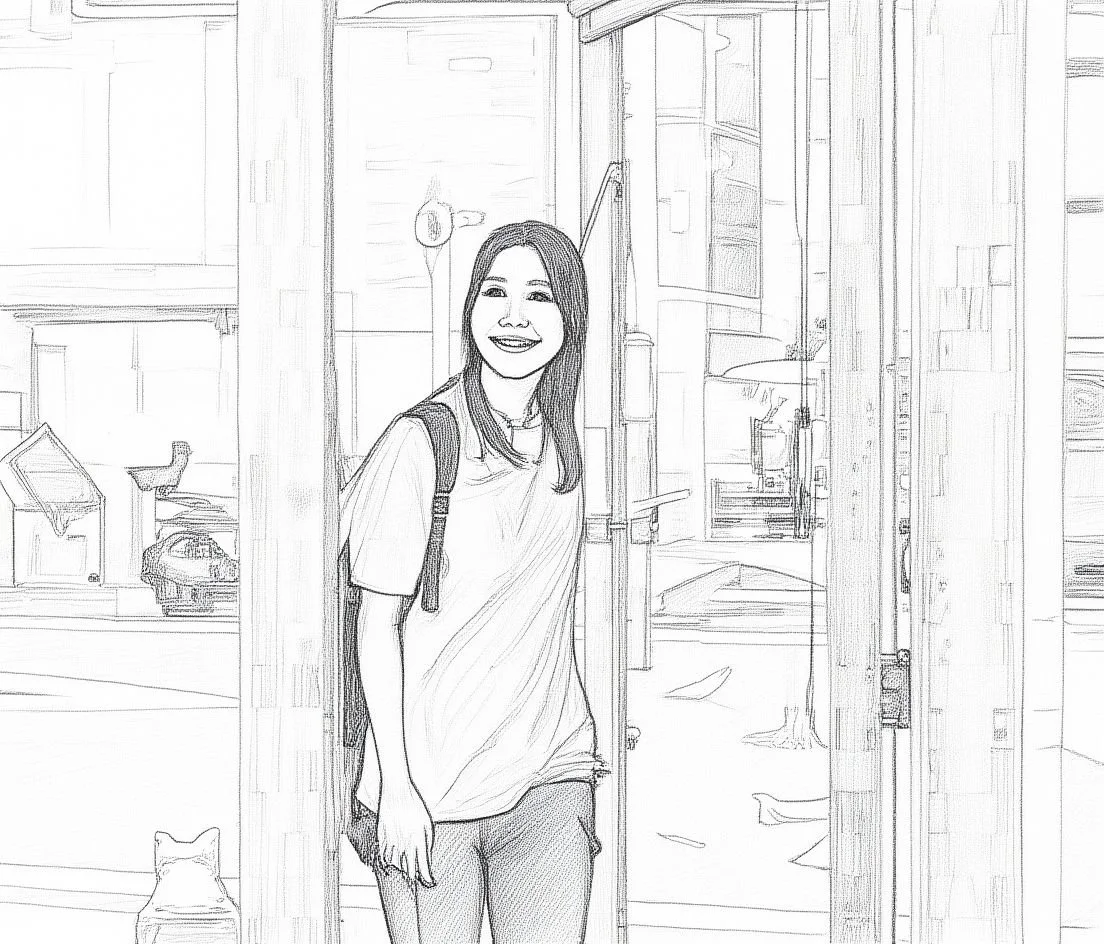Pilates for Beginners: Everything You Need to Know Before Your First Class
Starting something new can be exciting and a little intimidating. If you’ve been curious about Pilates but aren’t sure what to expect, you’re in the right place.
At Kin, we welcome beginners every single day, and we love helping people discover how strong, capable, and connected they can feel in their bodies. Whether you’re stepping into a Reformer, Tower, or mat class for the first time, here’s everything you need to know to feel prepared, confident, and ready to move.
What Is Pilates, Really?
Pilates is a method of movement developed by Joseph Pilates in the early 20th century, designed to build balanced strength, improve mobility, and increase body awareness. It can be done on a mat or on spring-based equipment like the Reformer and Tower.
While the exercises vary, every Pilates session is guided by the six principles:
Concentration – Focus on every detail of the movement.
Control – Move with intention, not momentum.
Centering – Power starts from your core.
Precision – Quality over quantity.
Breath – Use your breath to fuel and refine your movement.
Flow – Move smoothly from one exercise to the next.
What to Wear to Pilates
You don’t need fancy gear, just clothing you can move freely in:
Form-fitting but comfortable: This allows your instructor to see your alignment and helps avoid fabric getting caught in springs.
Grip socks: For safety and stability on the equipment (and yes, they’re required in class).
Layers: You may start warm, then cool down during stretches.
What to Expect in Your First Class
At Kin, beginner-friendly doesn’t mean “watered-down.” It means we:
Keep class sizes small (8 people max) so you get personal attention.
Adjust exercises to meet your current ability and goals.
Teach you the “why” behind each movement so you can carry that knowledge into daily life.
You might:
Lie on your back doing core work.
Use springs for resistance or assistance.
Try balance challenges in seated, kneeling, or standing positions.
We’ll guide you through it all, no memorization or prior knowledge required.
Common Beginner Concerns (and Reassurances)
“I’m not flexible enough for Pilates.”
That’s exactly why you should start. Flexibility improves as a result of the practice, not a prerequisite.
“I have an injury or limitation.”
Pilates is highly adaptable—just let your instructor know before class so we can modify exercises for you.
“I won’t be able to keep up.”
We move at a pace that prioritizes form over speed, and your instructor will be right there to guide you.
Tips for Your First Pilates Class
Arrive 10 minutes early so we can walk you through the equipment.
Listen to your body if something feels uncomfortable, let us know.
Ask questions there’s no such thing as a silly one.
Stay consistent results come with regular practice, not one perfect class.
Your Next Step
The best way to learn Pilates is simply to start. At Kin, our Simple Start Plan is designed for beginners, it’s 3 small-group classes for $89, giving you time to get comfortable with the equipment, understand the principles, and start feeling stronger from the inside out.
You don’t need to be “ready.” You just need to walk in the door. We’ll take it from there.
Beginner’s Pilates Checklist
What to Know Before Your First Class at Kin
What to Wear
Form-fitting, comfortable clothes (so we can see your alignment)
Grip socks for safety and stability (required)
Layers you can remove as you warm up
What to Expect
Small group sizes (8 people max) for personal attention
Clear instruction on equipment use
Movements in multiple positions—lying, sitting, kneeling, and standing
A focus on how you move, not just what you do
What to Bring
A water bottle
A curious, open mindset
Any injury or limitation notes to share with your instructor
Tips for Success
Arrive 10 minutes early for equipment intro
Listen to your body—speak up if something feels off
Stay consistent—progress comes with regular practice
Ask questions—we love them

